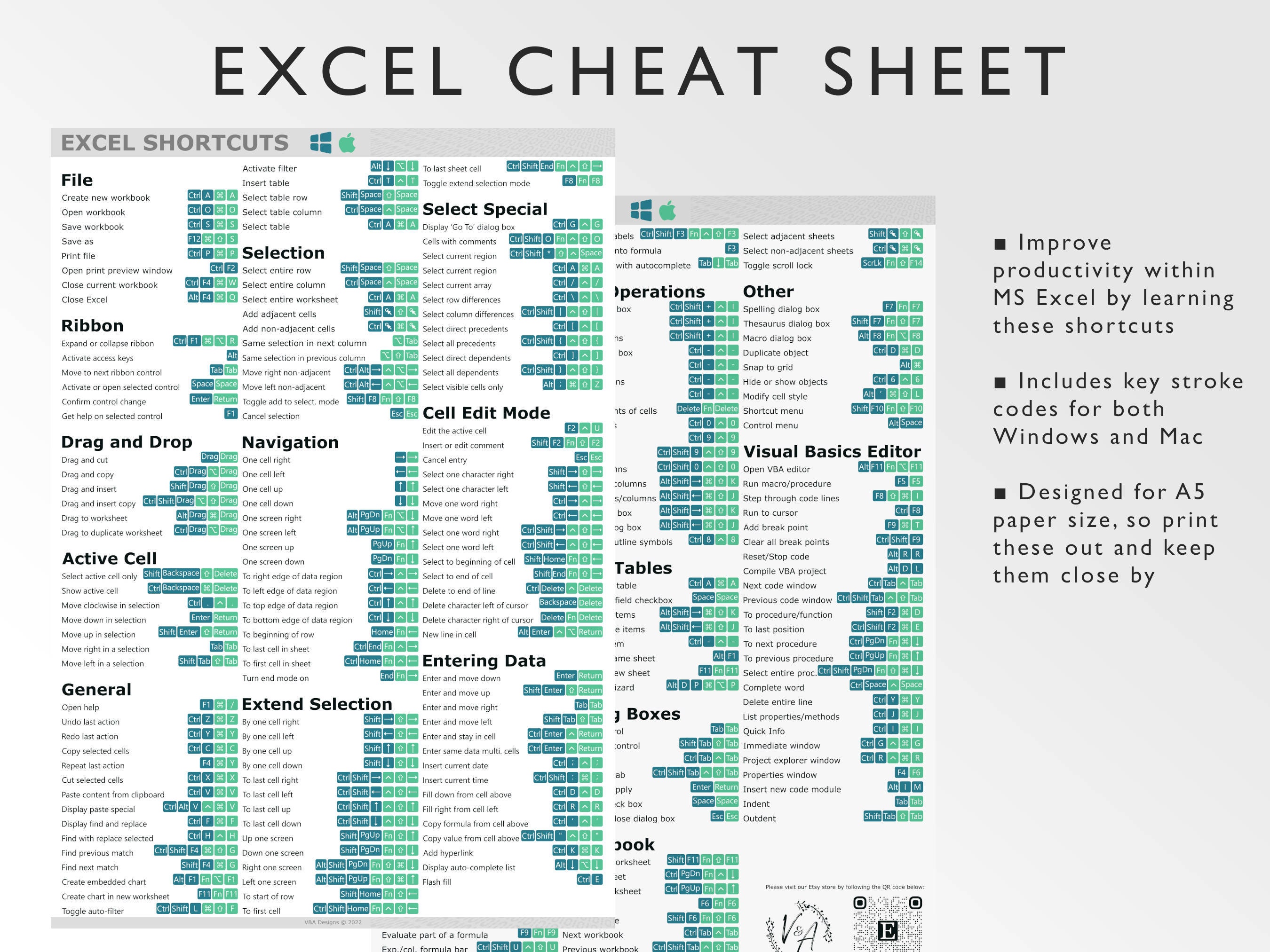Add Sheet in Excel 2013: Quick Guide

Adding a new sheet in Excel 2013 can help you organize your data more effectively. Whether you're working on a financial report, an inventory system, or any other project, managing multiple sheets is crucial for maintaining a clean and structured workbook. In this guide, we'll walk you through the simple steps to add sheets, rename them, customize their appearance, and explore some advanced features. Let's delve into the process:
Adding a New Sheet in Excel 2013


- Open your Excel workbook.
- At the bottom of the workbook, right-click on any existing sheet tab.
- Select “Insert” from the context menu.
- In the “Insert” dialog box, ensure “Worksheet” is selected and click “OK.”
🔎 Note: You can also add a new sheet quickly by clicking on the "+" icon (New Sheet) located next to the current sheets.
Renaming Sheets

Once you’ve added a new sheet, renaming it for clarity is beneficial:
- Right-click on the tab of the sheet you wish to rename.
- Choose “Rename” from the dropdown menu.
- Type the new name and press Enter. Sheet names can be up to 31 characters long.
🔍 Note: Avoid using characters like :, /, ?, *, [, or ] in sheet names as these are not allowed by Excel.
Customizing Sheet Appearance

Here’s how you can make your sheets visually distinct:
- Change Tab Color: Right-click the sheet tab, select “Tab Color,” and choose your color.
- Sheet Protection: For security, you can protect your sheet from unauthorized changes. Right-click, go to “Protect Sheet,” and set your options.
- Hide Sheets: To hide a sheet, right-click it and choose “Hide.” To unhide, right-click any sheet tab, select “Unhide,” and choose the sheet you want to show.
Advanced Features

Excel 2013 offers several advanced features for managing sheets:
Sheet Organization

Organizing sheets is essential for large workbooks:
- Move Sheets: Click and drag the sheet to a new position. You can also right-click, select “Move or Copy,” and choose where to move it.
- Copy Sheets: While moving, hold down the Ctrl key to create a copy. Alternatively, use the “Move or Copy” dialog box with the “Create a copy” checkbox enabled.
- Grouping Sheets: To group multiple sheets, hold down Ctrl while selecting the sheets, or Shift to select a range. Grouped sheets will act as one when you perform operations like formatting.
Formula Across Sheets

Utilize formulas across multiple sheets for efficient data management:
- 3D References: Use
=SUM(Sheet1:Sheet3!A1)to sum cell A1 from Sheet1 through Sheet3. - Data Consolidation: Excel can consolidate data from multiple sheets into one using the “Data” tab’s “Consolidate” feature.
🔗 Note: Be cautious when referencing cells across sheets; incorrect references can lead to errors in your calculations.
Excel 2013 provides a wealth of tools and features that make managing multiple sheets not only possible but also incredibly efficient. By understanding how to add, rename, customize, and use advanced features like grouping and formula references across sheets, you can significantly enhance your productivity and data organization.
Remember, the key to mastering Excel is practice. Experiment with these features, and you'll soon find yourself handling large datasets with ease. Whether for personal use or professional applications, these Excel skills are invaluable, offering you the flexibility to structure your data in ways that best fit your needs.
Can I add multiple sheets at once in Excel 2013?

+
No, Excel 2013 does not have a built-in function to add multiple sheets simultaneously. You must add each sheet one at a time using the steps outlined above.
What is the maximum number of sheets I can have in an Excel 2013 workbook?

+
Excel 2013 supports a maximum of 255 sheets per workbook. However, the actual limit might be lower due to system memory and hardware constraints.
How can I quickly switch between sheets in Excel 2013?

+
You can use keyboard shortcuts like Ctrl + Page Down or Ctrl + Page Up to move to the next or previous sheet, respectively. Alternatively, right-click on the navigation buttons at the bottom-left of the Excel window to quickly jump to any sheet.